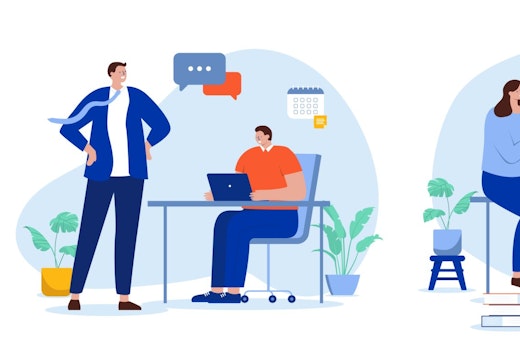Post-perk culture: what really brings people back to the office?
As tax breaks on office snacks and coffee come to an end in the US, employers face a choice: cut back on the perks or invest in deeper forms of engagement and culture
Big Tech long ago set the tone for workplace perks: free coffee on tap, endless snack bars, and beer taps in the break room. Food and beverage was seen as a strategic tool to attract and retain talent. Today, as organisations everywhere try to coax employees back to the office, food and beverage has emerged as a subtle but effective lever. It’s the modern workplace barter system: presence for pizza.
Yet with the Trump-era tax break on office meals set to disappear by 2026, the financial calculus behind these perks is shifting. Employers will soon bear the full cost of keeping kitchens stocked, at a time when every expense is under scrutiny.
For some, this will mean scaling back. But the bigger question is not whether snacks stay – it’s what, if anything, takes their place. In an era defined by RTO mandates, hybrid schedules, employee choice, and fierce competition for talent, the loss of snacks is less about the food itself and more about the symbolism of care. If free coffee once suggested a company that valued togetherness, what does its absence suggest?
Beyond the perks
Snacks were never the sole reason people came into the office, but they became part of the ritual. A coffee break doubled as a catch-up. A handful of crisps softened a long afternoon. Now, with tax deductions halved and the full write-off vanishing, businesses have to ask themselves: if the treats go, what keeps people coming in?
The answer may lie in re-centring the workplace around what food perks have often been a proxy for: connection. Offices that thrive will be those that create a sense of belonging, where people feel that time together matters more than what’s in the cupboard.
What remains:
- Culture over cuisine: invest in spaces that spark conversation and collaboration. A vibrant commons area can do more for morale than an endless supply of granola bars.
- Wellbeing as currency: support mental health, offer flexibility, and design for comfort. These gestures last longer than a coffee buzz.
- Moments that matter: occasional, thoughtful experiences – a catered lunch, a surprise celebration, a Wednesday coffee cart – can have more impact than a perpetual snack spread.
Symbolism shift
If the last decade was about making offices attractive with perks, the next may be about making them meaningful without them. That doesn’t mean stripping away generosity, but redirecting it into culture-building, wellbeing, and environments that feel worth showing up for.
The end of free snacks might feel like a small thing, until we realise it signals a bigger turn. We are entering a post-perk culture, one where presence can be sustained not by treats, but by trust.








